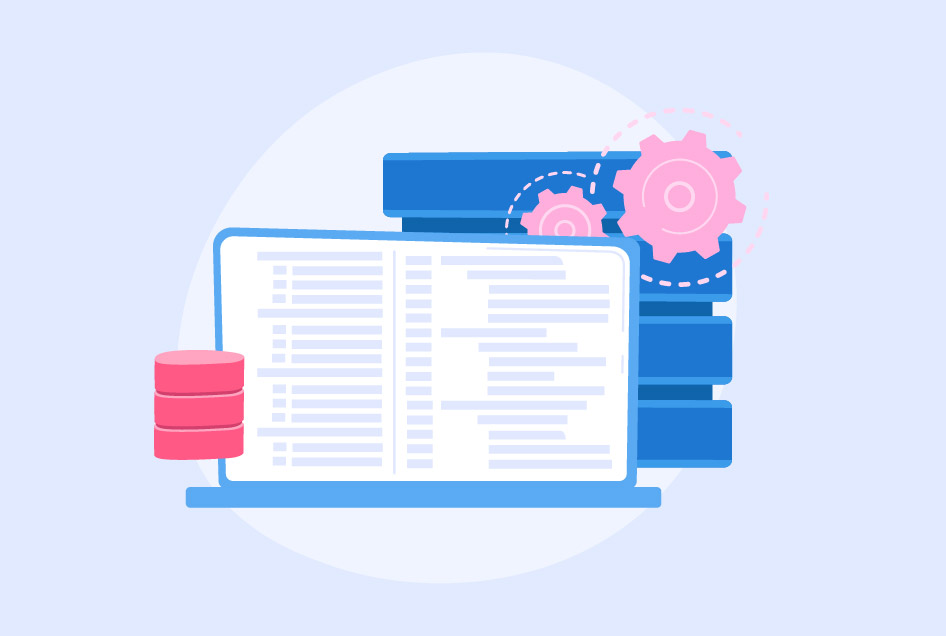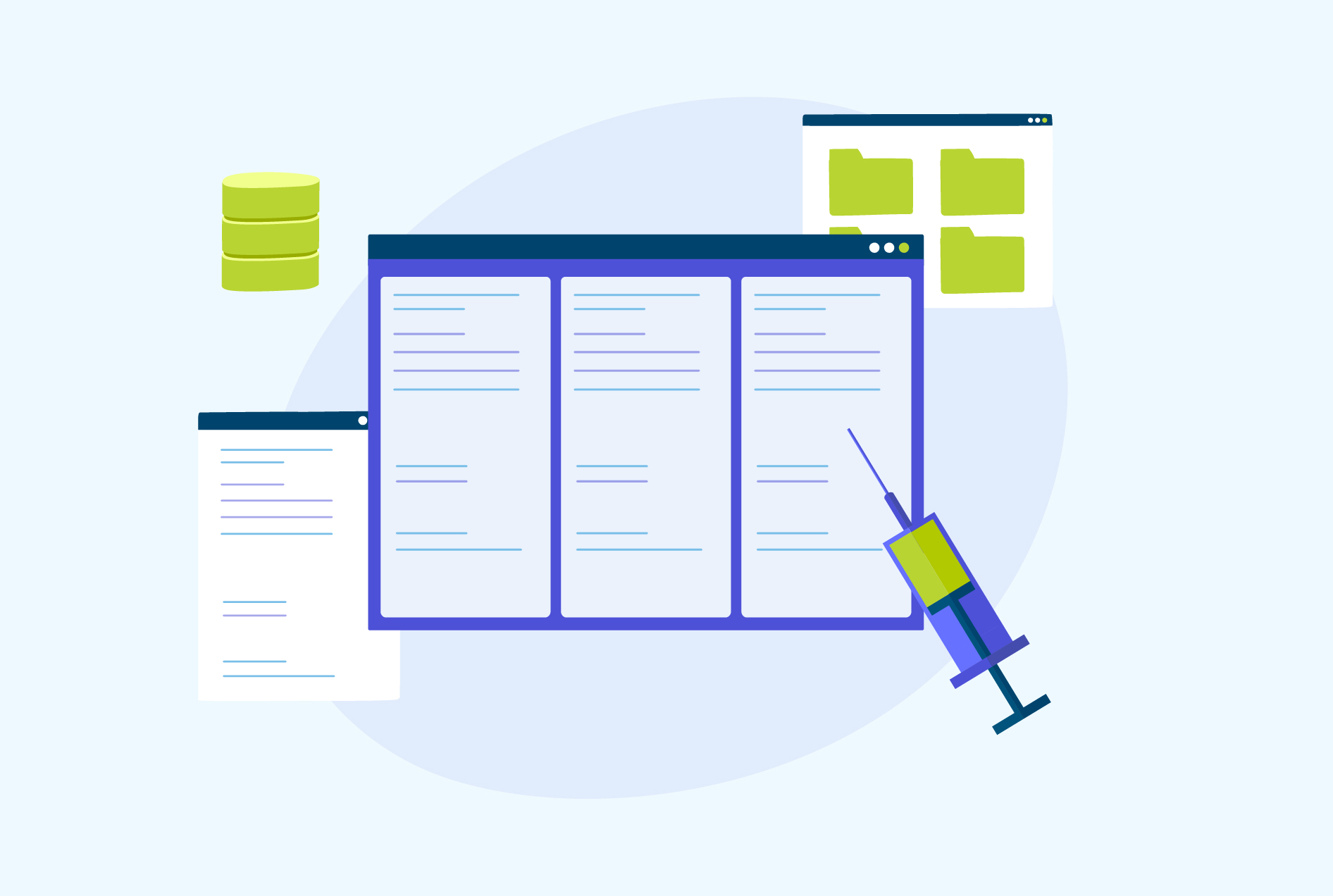PL/SQL Package: Components, Uses, Benefits, & More
Oracle’s PL/SQL has emerged as a game-changer in the vast world of managing databases. It stands out as a robust and flexible language. Its seamless integration of procedural and SQL structures allows developers to develop strong and efficient solutions.
As organizations recognize the necessity of efficient database administration, the demand for PL/SQL experts has significantly increased in the job market. Being adept with these packages not only opens doors in programming but also in the field of database administration. In this blog let’s understand the PL/SQL packages.
What is a Package in PL/SQL?
PL/SQL allows developers to write blocks of code that can run within a database. These may include declarations, control structures, loops, and exception-handling mechanisms – these code blocks are then compiled and stored within the database ready for execution whenever required.
A PL/SQL package is an Oracle database entity used to organize related procedures, functions, variables, and cursors into one logical unit that promotes modularity and reuse of code. Each package consists of its public interface (procedures accessible by other programs) as well as implementation code in its body; both components may also act together to bundle related functionality together and improve network round-trip performance thereby increasing performance by decreasing network round trips reducing network round-trips; they play an essential part of programming with this language in terms of code organization and maintainability.
Benefits of Using PL/SQL Packages
Using PL/SQL packages offers multiple advantages to both developers and database administrators alike. Here are just a few key ones:
Code Modularity and Reusability
They enable developers to better organize related procedures, functions, and types into an easily maintainable logical unit for improved code modularity and reuse across applications.
Encapsulation and Information Hiding
They offers some level of encapsulation by hiding details of procedures and functions’ implementation; their internal logic remains private from outside access through their interface, increasing security by keeping sensitive data protected against unapproved access.
Improved Performance
Since these packages can be stored directly within databases, their compilation and execution require less network traffic for execution; this increases network efficiency as well as performance by decreasing round trips between client applications and database servers. Furthermore, frequently-used data can be cached within packages, speeding up application execution.
Also Read: Advantages and Disadvantages of PL/SQL
Components of PL/SQL Package
A PL/SQL package comprises two essential elements: its specification and body.
The package specification and body work together to form an independent unit that encompasses related functionality. To build your career in this field consider taking a SQL course and grab your dream job offers.
Here are the components:
- Package Specification: A package specification defines its public interface. It details all available procedures, functions, variables, cursors, and types that may be accessed by other programs; acting as an agreement between modules on what functionality exists and its usage.
- Package Bodies: Package bodies house all procedures, functions, and elements declared in a package specification. Their implementation determines their behavior; in addition, private declarations within this body may exist that cannot be accessed outside.
Creating a PL/SQL Package
Creating a PL/SQL Package involves defining a package specification, implementing the package body, and writing procedures and functions.
The Package Specification
An interface of any package defines all public elements which can be accessed by other programs or packages such as procedures, functions, variables, cursors, and exceptions.
Package specifications provide developers with an organized way of interacting with your package and its contents. By encapsulating all these elements within one package, they promote code reusability, maintainability, and modularity.
Package Body
The package body serves as the location for implementing procedures, functions, and other elements specified in a package specification. Here you write code that performs specific operations or manipulates data directly. Its contents remain private to that package so no outsiders may directly access its content.
Define Variables and Constants
Variables and constants are integral parts of programming languages like PL/SQL; within any package in this language you can define variables and constants used within its procedures and functions.
Variables are temporary storage locations used in package code execution; they have their data type and can hold different values at various points during program execution. On the other hand, constants remain fixed values throughout its execution.
Declaring Cursors
Cursors in PL/SQL are used to access data from a database and process it, acting like pointers to specific results sets returned by SQL queries. Within a PL/SQL package, cursors can be declared and used to retrieve and process this data before performing other operations on it.
Declaring a cursor requires providing its name, SQL query, and optional parameters. Once declared, cursors provide a powerful way for manipulating data within these packages by allowing you to retrieve and process rows efficiently and safely.
Writing Procedures and Functions
Procedures and functions form the backbone of PL/SQL packages, consisting of collections of SQL statements that perform specific tasks or calculations.
Procedures are used to execute or modify data in a database and may or may not return a value, while functions always return a result based on input parameters.
Within a package, you can define multiple procedures and functions to perform related operations.
How to Use PL/SQL Packages?
Follow the below steps to use PL/SQL packages:
1. Initializing Packages
Package initialization refers to the process of setting initial values and conditions:
- When invoking a package, to provide consistent, usable functionality from its beginning.
- Initialization entails assigning default values for package variables, opening necessary cursors, and performing any setup operations that might be needed before beginning the use of the package.
- Once a package has been initialized, its procedures and functions may be invoked to perform specific tasks and operations.
- Procedures are subprograms that perform repeated actions; functions return values after performing calculations or operations that produce specific output values.
2. Calling Procedures and Functions
To call a procedure or function from within a package:
- The package name and procedure or function name must be specified, along with any necessary arguments that need to be processed by that procedure or function.
- When complete, its results can either be stored as variables for later use in other processes or used directly as needed by program logic flow or stored for subsequent processing steps.
- Calling procedures and functions from within a package offers many advantages. First, it promotes code reusability by organizing similar actions into modular units for reuse later.
- Package calls improve code organization and readability for easier understanding and maintenance of overall application logic.
3. Handling Exceptions in Packages
Handling exceptions gracefully is key to writing reliable code, and packages enable developers:
- To manage them within each package, helping ensure graceful error handling and preventing crashes in applications.
- As soon as an exception arises within a package, developers can respond immediately using exception handling blocks.
- These blocks specify actions to take when an exception arises – including error logging and rollback operations as well as personalized error messages to alert users about potential issues while helping them recover smoothly from them.
4. Overloading in PL/SQL
It allows developers to take full advantage of its versatility:
- By creating multiple versions of identical procedures or functions with identical names but distinct parameter lists.
- Providing greater freedom when it comes to package usage by offering variations based on unique input parameters from end-users.
- This feature facilitates greater customization based on unique parameters input by users and increases customization of functionality based on individual circumstances.
- When overloading procedures or functions within a package, each variant is given its parameter list.
- When invoked by users, the PL/SQL compiler uses these lists to select which version best matches which arguments have been passed for execution.
5. Defining Package Variables
Package variables are defined within a PL/SQL package and visible to every procedure and function within that package, thus:
- Sharing data among subprograms within it. They retain their values during the execution of the package to facilitate shared functionality among subprograms within it.
- Package variables must first be declared and initialized within their package body before being assigned values from procedures or functions within it, providing intermediate results storage space or shared state information across multiple procedures or functions within that same package.
- Package variables provide efficient solutions when used across multiple invocations within one package!
Managing PL/SQL Packages
Managing PL/SQL Packages can be done in various ways, some of which are:
Modifying a Package
Alterations to packages require making changes to its package body or package specification, which defines its public interface (including procedures, functions, variables, and types) before initiating modifications to that body or specification.
Compiling a Package
Compiling a Package involves validating its syntax and resolving references to database objects to ensure an error-free package, is ready for execution. During compilation, the PL/SQL compiler checks both its specification and body for any syntax errors, missing dependencies, or conflicts with existing objects that might arise during execution.
Dropping a Package
Dropping a package permanently deletes both its specification and body from the database as well as any associated objects; therefore it must be undertaken carefully as this action cannot be reversed and has lasting consequences on other parts of an application as well as having suitable backup measures ready in case something unexpected comes up during its removal from service.
Versioning and Deployment Strategies
These two components play a pivotal role in managing PL/SQL packages across environments. Versioning ensures any changes made are tracked so any needed reversals may take place while coexisting multiple versions allows a smooth transition from different versions in production environments.
Deployment strategies involve planning and executing changes across different environments such as development, testing, and production. Appropriate testing and validation should be carried out before deployment to ensure any modifications do not introduce bugs into the system or affect stability negatively. Deploying packages systematically helps preserve integrity and reliability within an application.
Conclusion
As organizations increasingly recognize the necessity of efficient database management and data-driven applications, PL/SQL packages’ future looks bright. By investing time and energy into mastering them, developers can position themselves for success in their careers – these packages streamline operations while increasing application performance; making them valuable assets across numerous industries.







